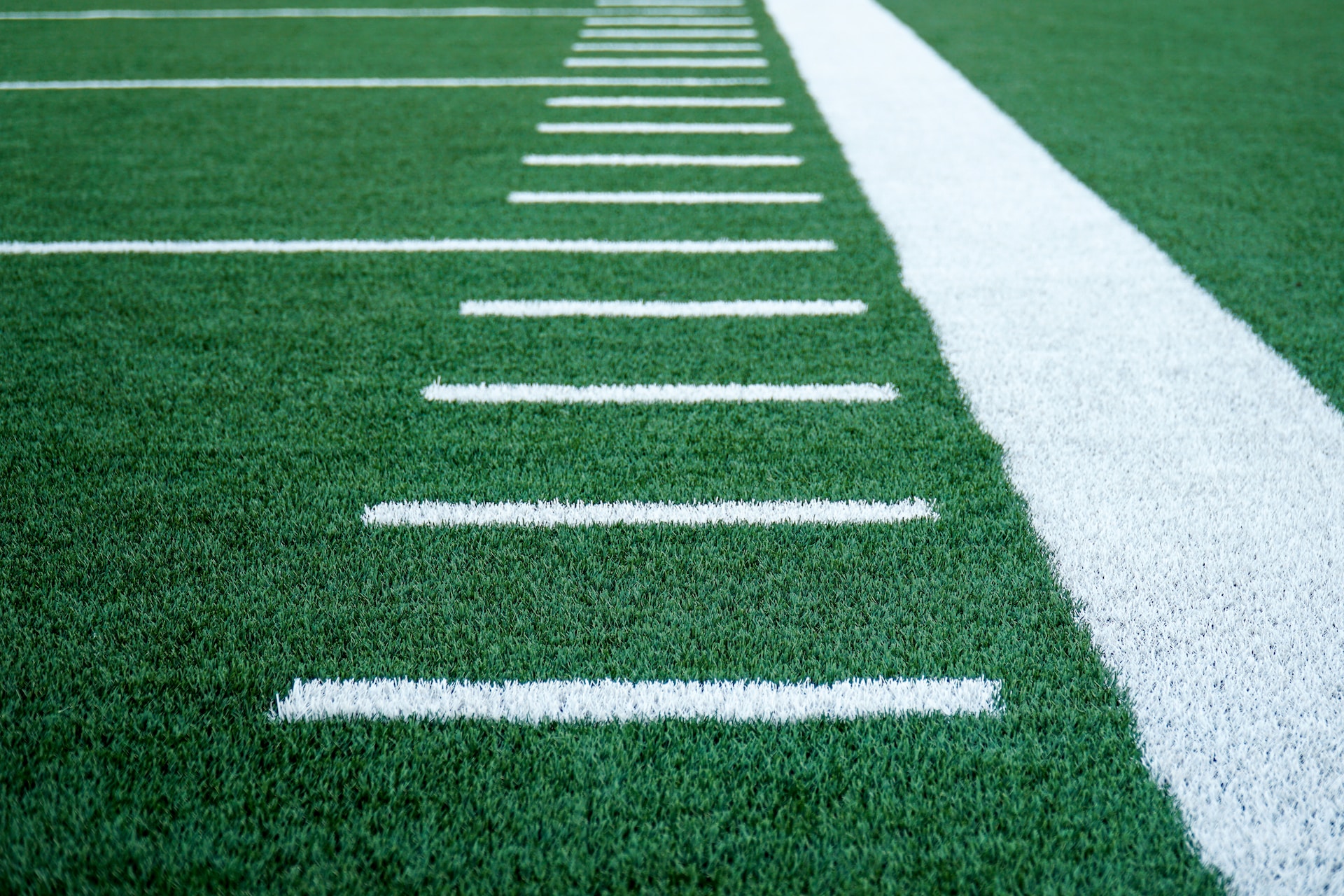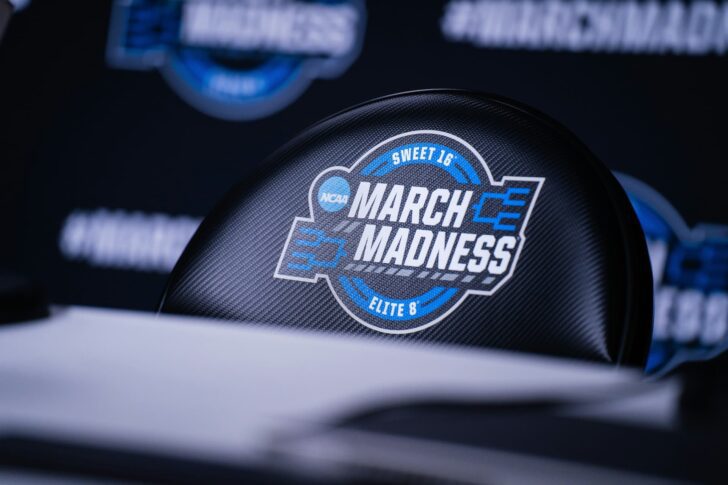We explain what the term ‘unit’ means in relation to sports betting?

What Is a Unit in Betting?
This article will introduce you to the term “unit” as it applies to sports betting.
A unit in sports betting is a non-monetary measurement of your customary bet size. It corresponds to a specific percentage of the total bankroll earmarked for sports betting over a designated period such as an entire season.
For example, a recommended single unit for the entire NFL season for an inexperienced sports bettor would be 1% of that person’s full season betting bankroll. Of course, unit sizes in terms of dollars wagered would vary depending on the person’s bankroll, risk tolerance, and other factors.
But the basic concept of using consistent betting units as a key component of good money management applies to all sports bettors. If this topic interests you, we explain it in-depth below.
Betting Units Meaning
Are you a small bettor (i.e., $10 or $20 at a time) or fairly new to sports betting? If so, it may be frustrating to read about some professional sports bettor’s claim to have won many thousands of dollars. Or perhaps you have a friend with a bigger bankroll than you who has been betting on sports for a long time and recently made a big score.
This type of information, taken out of context, could be misleading because you don’t know how much money the other person bet and lost. However, betting units level the playing field, so even if your bet size is very small, you can know exactly where you stand at any given point in time in terms of the number of units up or down. These results can be as revealing about your ability to pick winners as similar stats for someone with much larger betting units.
Let’s say your betting unit is $10 per game, and at the end of the NFL season, you are ahead by $185. Meanwhile, your friend who has been betting $100 per game all season long is ahead by $800. Based solely on the dollar amount won, you might think your friend was more successful, but that is only because his betting unit is 10x as large as yours. When you reevaluate the results in terms of the number of betting units won, the stats are very different.
Keeping the math simple, let’s assume that each person places a total of 50 equal-size bets of 1.1 units (allowing for the customary 10% vig in football), Bettor A (you) wins 35 bets and loses 15, while Bettor B (your friend) wins 30 bets and loses 20.
Here is how the scenario would play out.
| 👨Bettor | 💲Betting Unit | ✅Wins | ❌Losses | 💵Profit in Dollars | 📈Profit in Betting Units |
|---|---|---|---|---|---|
| Bettor A | $10 | 35 | 15 | $185 | 18.5 |
| Bettor B | $100 | 30 | 20 | $800 | 8 |
Many casual bettors give little or no thought to their betting unit. They simply take a certain amount of cash to the online sportsbook or use the funds deposited in their account and place their bets. However, this is not a good sports betting strategy, particularly if your starting bankroll size is limited. You can lose your entire bankroll quickly. Dividing your bankroll into manageable betting units makes much more sense.
Is There Any Reason to Use Units in Betting?
Units are a useful way to quantify how successful you are as a bettor irrespective of your bet size. As the example in the previous section shows, units are a better indication than simply looking at the dollar amount of money won or lost, which is heavily dependent on overall bankroll and bet size. Betting units serve as a universal measuring system that can be used with any size bet.
The simplest way to use units in sports betting is to decide ahead of time what your betting unit is going to be and make that your standard bet. The recommended amount is often one percent of the total betting bankroll. However, it is not written in stone that adopting a betting unit of 1% of your bankroll is the only viable strategy for effective money management. If you feel sufficiently comfortable, based on your handicapping skills to make your betting units a higher percentage of your sports betting bankroll (i.e., from 2 to 5 percent), that might work equally well. However, choosing betting units amounting to more than 5% of your sports betting bankroll is asking for trouble.
Here are some other important reasons for using units in sports betting.
- Documentation
Now that legalized sports gambling is widely available in the US, many bettors are seeking professional sports handicapping advice. Handicapping services that have a documented record regarding the number of units they have won for their customers have the most credibility. It is a common practice not to rate all picks equally and to recommend betting more than one unit on the strongest picks.
When I ran my award-winning sports service, Barbara’s Winning Systems, most picks were one star (a one-unit play), strong picks two stars, and, my top plays of the season three stars. Many reputable sports services rate their top plays five stars. But stay clear of “locks” and 50-star plays. No bet is a sure thing.
- Easy way to determine your bet size
If you feel very confident about a particular game, you might want to bet 2, 3, or 5 units. However, it is not advisable to risk more than five units on a single wager.
- Ability to communicate your progress easily
- Improved bankroll management
Using betting units helps you keep accurate track of your betting expenses over time and keep from exceeding your budget.
- Alternative way to assess sports betting progress
If you are a small bettor but evaluate your success solely on how much money you won, you could be underestimating your success, especially when compared to the dollar amounts won by larger and more experienced bettors.
How Much is a Unit in Online Betting?
The optimum size for each unit in online betting is 1% of the total bankroll allocated for sports betting over a set length of time, typically a full season. It can be slightly more than 1% but should never exceed five percent.
How to Use Units in Sports Betting?
When using units in sports betting, it is best to start small and learn by experience which sports and types of bets work best for you. Then stay disciplined and stick to a consistent unit size and wagers of one or two units. That way, sports betting will be enjoyable instead of emotional and stressful.
The 1% rule for determining your betting unit is a good rule of thumb for beginners. However, it does not necessarily mean that 1% of your sports betting bankroll must always be the maximum bet.
One betting strategy you can use is to bet more than 1 unit on your stronger plays. The downside is that if you are wrong on your larger bets, your bankroll can take a big hit quickly. On the flip side, if most of your larger bets win, your bankroll will increase even if you have a losing record.
Another unit betting strategy is to bet less than usual (i.e., ½ unit) on higher returning bets such as parlays and moneyline bets on underdogs. If you lose, the cost would be less, so you can still show a long-term profit.
How Do I Calculate My Unit?
The size of your betting unit will depend on the size of the bankroll you can afford to set aside for sports betting.
Setting aside a separate bankroll specifically for sports betting is essential to ensure that you do not develop a gambling problem and start dipping into funds you need for other expenses.
Do not bet more than you can comfortably afford to lose.
Unit Betting Strategies

Unit betting is not as straightforward as it seems since most betting lines are not for even money. For example, a point spread bet on an NFL game is usually priced at -110. Also, depending on whether you are betting on the favorite or the underdog, the cost of a moneyline bet can be either more or less than the payout if the bet wins.
Here are three different unit betting strategies, along with their advantages and disadvantages.
Fixed Unit Model
Regardless of the odds, the bettor risks the same amount – exactly one unit every time. While tracking your expenses is easy with this method, the payouts are odd amounts (i.e., $9 on a $10 bet) that are difficult to track. Also, in games where you are more confident about your bet, you do not have the option to bet more than one unit.
Variable Unit Model
This model offers more flexibility because you can adjust your bet based on the odds. You have the option to bet more units (i.e., 2 or 3) on games where your confidence level is higher.
However, if your larger bets lose, it will negatively impact your bankroll.
Percentage Model
This model is similar to the fixed unit model in that you always bet exactly one unit. But as your bankroll goes up and down, so does the size of the betting unit.
For example, if your bankroll grows from $1,000 to $1,500, you keep your bets at one unit apiece, but you can raise the size of the betting unit from $10 to $15. Conversely, if your bankroll dips to $500, that would call for lowering the betting unit to $5.
The advantage of this method is that by making larger bets as your bankroll increases, you can capitalize on a winning streak. However, if you run into a losing streak at the higher bet level, your bankroll can quickly revert to where you started or worse.
How to Track Bets With Unit Strategy?
Which betting strategy you use is a matter of personal preference. However, your long-term success is contingent on tracking the number of units you are up or down for the season.
You can use a spreadsheet or notebook for this purpose. Or, if you bet online, you can view your stats on the website or app and convert the number of wins and losses to units.
What Should My Betting Unit Be?
Since you will be relying on your allocated sports betting bankroll to last for a whole season, we recommend an initial betting unit of just 1%, especially if you are new to sports betting.
In other words, with a bankroll of $1,000, your betting unit should be $10, with a bankroll of $2,000, your betting unit can be $20, and so on.




